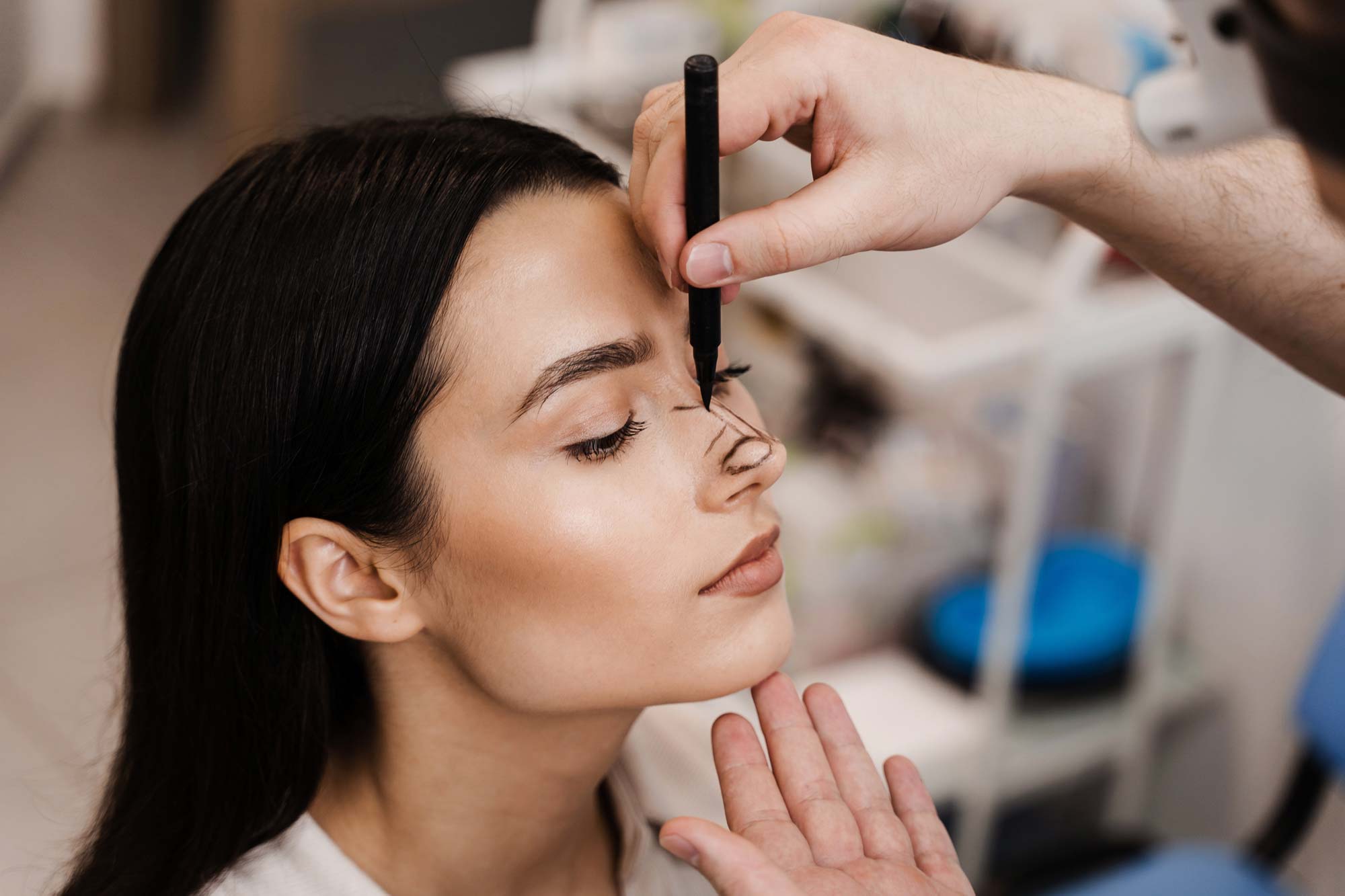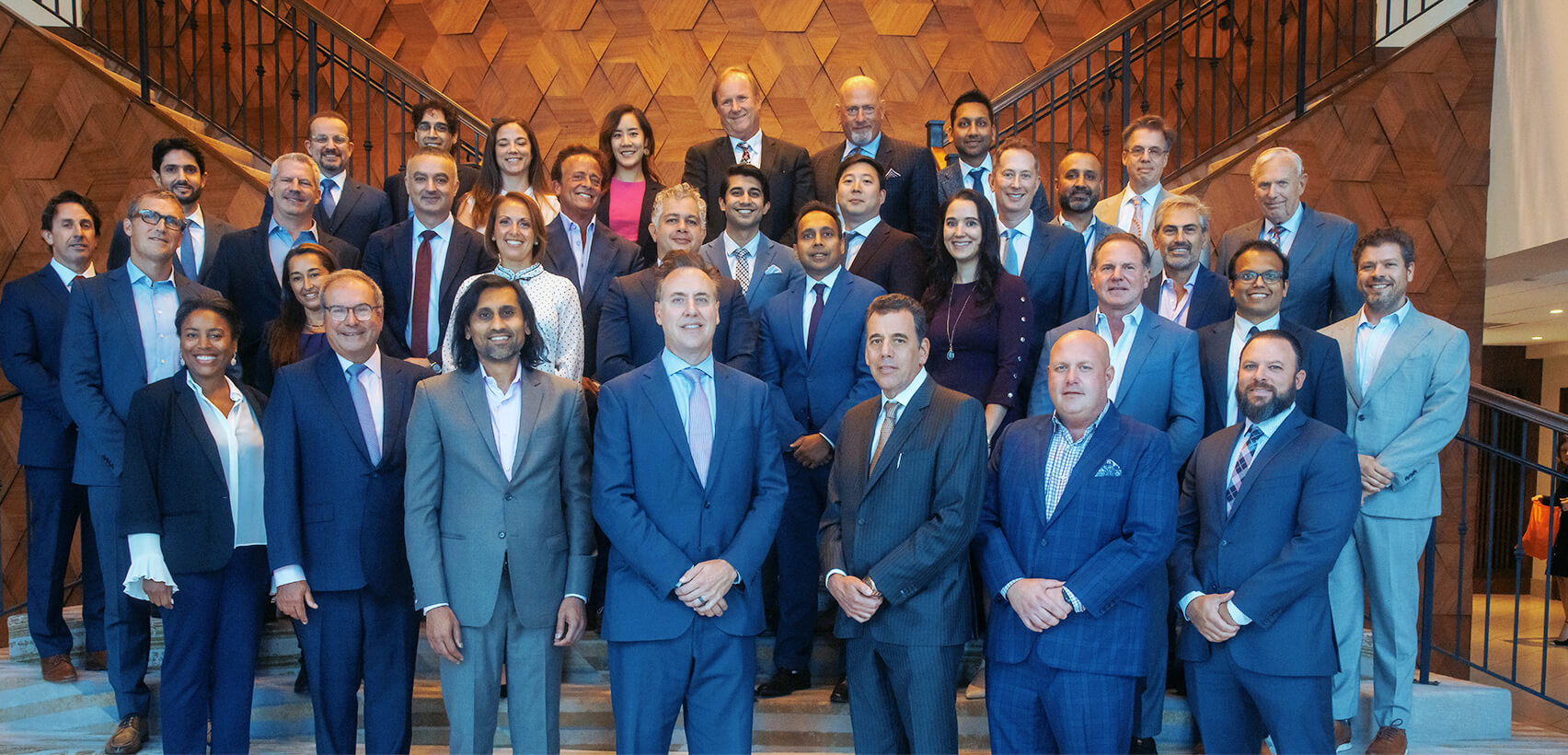Navigating Coverage: When and How Insurance Covers Rhinoplasty

Summarize with AI
Many patients consider getting a nose job (rhinoplasty) but have questions about the cost and insurance coverage. Rhinoplasty is typically considered an elective type of cosmetic procedure rather than a medical necessity, which means most insurance plans will not cover the cost. However, there are certain clinical circumstances in which insurance may partially or fully cover the costs. If you are considering getting a rhinoplasty for medical reasons, it is important to understand the criteria insurance companies use to determine if rhinoplasty is deemed medically necessary and, therefore, eligible for coverage. Factors like nasal obstruction, trauma-related deformities, and congenital defects increase the chance of obtaining approved coverage. Our goal is to provide the information you need to better understand expected out-of-pocket costs and possible avenues for insurance coverage of your rhinoplasty procedure.
What is the Difference Between Cosmetic Vs. Functional Rhinoplasty?
The purpose and techniques used for a cosmetic rhinoplasty versus a functional rhinoplasty differ. A cosmetic rhinoplasty aims to change or enhance the appearance or shape of the nose for aesthetic reasons. For example, cosmetic changes may include narrowing the nose bridge, refining the nasal tip, correcting a crooked nose, or decreasing the nasal size or nostril width. The procedures used during cosmetic rhinoplasty focus on manipulating the bone, cartilage, and soft tissues to achieve the desired external look. While these procedures may slightly improve nasal airflow, the primary goal is addressing aesthetic concerns.
On the other hand, a functional rhinoplasty focuses on reconstructing your internal nasal structures to improve breathing and sinus function. There are various structural problems that can obstruct normal breathing and airway function, such as a deviated septum, enlarged turbinates, and nasal valve collapse.
- Deviated septum: The septum is the structure separating the two sides of the nose and is made of cartilage and bone. The septum can be deviated from birth or occur as a result of prior trauma. When the septum is substantially deviated, it will impact the passage of air on one or both sides.
- Enlarged turbinates: Turbinates are structures within the nose that filter the air and direct flow. They may become enlarged from allergies, frequent infections, or trauma. Enlargement of the turbinates will often lead to nasal obstruction and exacerbate nasal obstruction if there is also a deviated septum.
- Nasal valve collapse: The nose has two valves that control airflow: the internal valve and the external valve. The internal valve is made up of cartilages in the mid-portion of the nose (just inferior to the nasal bones), whereas the external valve is composed of cartilages of the nostril region. Either valve site can become compromised if these cartilages are weak and lacking in integrity. Sometimes, this can be a congenital phenomenon. More commonly, this occurs following trauma or prior nasal surgery.
The techniques used in functional rhinoplasty aim to correct these issues first and foremost to improve internal nasal function, which usually will not affect external shape. So the goal of functional rhinoplasty is to open the nasal passages to maximize airflow and breathing capacity without a defined cosmetic improvement. Determining the necessity for functional rhinoplasty relies heavily on an internal examination of nasal and sinus anatomy.
Insurance Coverage For Functional Rhinoplasty
The most important criteria for obtaining insurance coverage for rhinoplasty is clear evidence showing impaired nasal/sinus functioning leading to breathing problems, frequent sinus infections, sleep disorders, and other issues impacting quality of life. Multiple physician consult notes documenting symptoms over an extended timeframe are typically needed to submit to insurance if requesting pre-authorization. Typically, there needs to be evidence of failed trials of nasal sprays and decongestants.
Common Functional Issues That May Warrant Insurance Coverage For Rhinoplasty Include
- Nasal Obstruction: A deviated septum, nasal valve collapse, and/or turbinate hypertrophy causing significant blockage of airflow and breathing difficulties. This often needs to be documented over time by a physician.
- Congenital Defects: Birth defects like a cleft palate or other craniofacial anomalies that impact nasal and sinus function. Insurance often covers surgery to correct congenital defects.
- Acute Nasal Trauma with Nasal Fracture: If there has been a documented nasal fracture from trauma, insurance will cover the early fracture care that often requires “resetting” of the nasal bones within approximately 2 weeks of the injury.
- Post-Traumatic Deformities: Injuries, trauma, or blunt force to the nose resulting in deformities that obstruct airflow. Insurance may cover reconstruction if there is impaired function.
- Prior Nasal Surgery Complications: Complications from prior nasal treatments, like implants shifting over time or internal scarring, can warrant revision rhinoplasty. Proof of functional impairment improves your chances of insurance coverage.
- Reconstruction of Septal Perforation: A septal perforation (hole in the septum) may occur from trauma, prior surgery, drug use, or certain systemic diseases resulting in chronic nasal symptoms. Insurance will cover reconstruction to repair the septal perforation.
- Sinus Surgery Preparation: Sometimes, a structural issue like a deviated septum needs to be corrected as initial preparation prior to functional endoscopic sinus surgery. Improving baseline airflow and drainage may help obtain insurance approval in these coordinating procedures.
Insurance Coverage for Cosmetic Rhinoplasty Surgery
There are two main options for patients to pay for a cosmetic rhinoplasty if insurance will not cover the costs:
- Self-payment
With self-payment, the patient pays the full out-of-pocket cost for their rhinoplasty without assistance. The patient would discuss all associated fees and total costs with their surgeon upfront and pay using available funds through cash, check, credit card, etc. Many practices offer small discounts for paying the full amount in advance rather than monthly installments. Patients need to budget appropriately and ensure they have the available funds to cover the entire expense prior to undergoing the procedure. - Medical financing plans
There are companies that offer specialized financing plans to help patients afford cosmetic procedures through fixed-interest loans with predictable monthly payments. Applications are available through the surgeon’s office, and approval decisions are made quickly, after which funds are available within days to cover initial deposits. Payments and terms vary based on factors like total loan amount, credit score, income thresholds, etc., but patients may qualify for no-interest periods, reasonable fixed rates (e.g 6-18% APR), and 24-48 month repayment plans. These medical loans allow the costs to be spread out over time rather than paid fully at once but do accrue interest charges. Carefully reviewing terms and your personal budget is important. While not an option for everyone, medical financing plans expand access and make cosmetic rhinoplasty more affordable if patients do not have thousands available upfront to self-pay.
Explore Possibilities: Connect with Our Rhinoplasty Surgeons for a Consultation
If you are exploring your options for functional or cosmetic rhinoplasty surgery, the experienced plastic surgeons at The Plastic Surgery Center are available for consultation to evaluate your candidacy and discuss potential approaches, pricing, and payment options like self-pay discounts or approved medical financing. Book a visit online at one of our convenient plastic surgery centers in New Jersey, Pennsylvania, or New York, or call us at 833-615-2618 to get started and understand your options.
Awards, Certificates, & Associations

